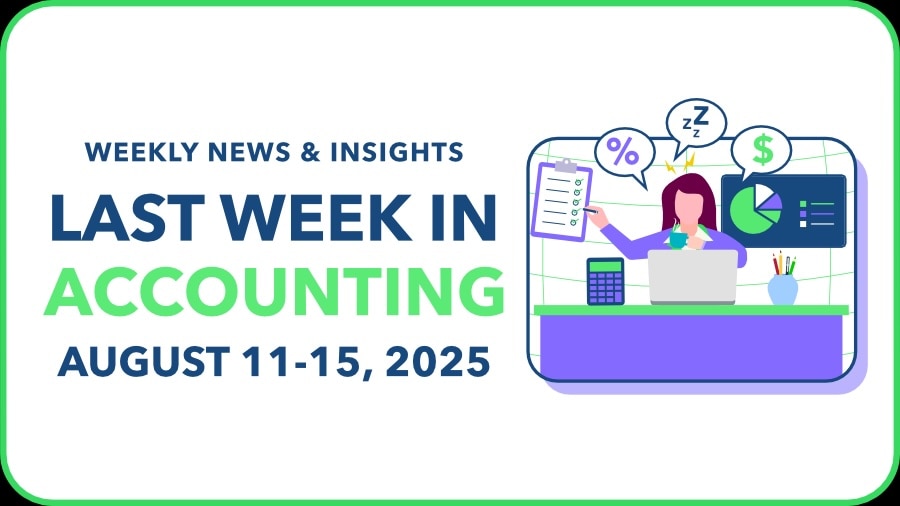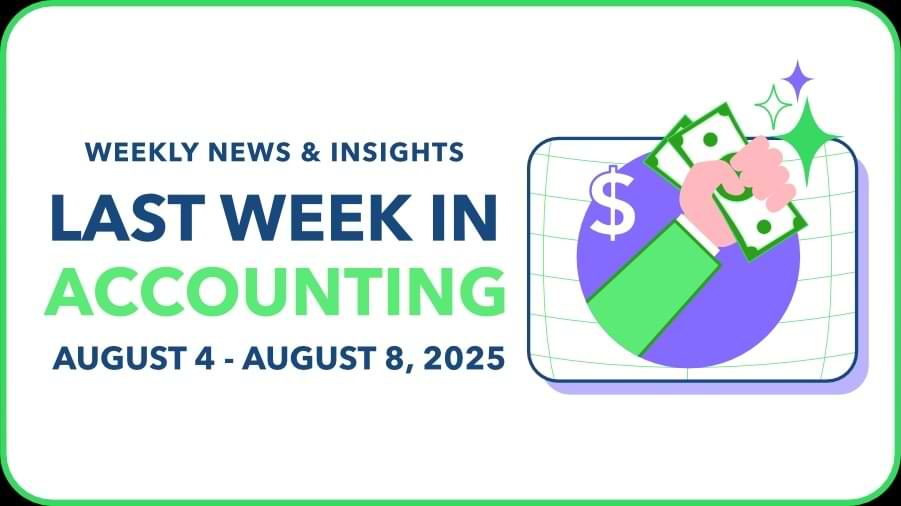🔍 Top headlines
Survey shows senior accountants most strained during busy season
A new survey from recruitment firm Distinct highlights how mid-level staff tend to carry the heaviest burden of busy season. Of 110 North American tax and audit professionals polled, 54% described the 2024–2025 tax season as stressful, with senior accountants the most affected and 75% reporting high stress compared with just 22% of associates. Long hours were widespread, with nearly 80% working more than 51 hours per week, and many managers and partners logging more than 70 hours.
Work-life balance also took a hit, with three-quarters of respondents rating it as “fair” or “poor,” and nearly half of seniors calling it “poor.” Recognition lagged, as well, with seniors and managers rating it below 6 out of 10, compared with 7.6 for partners.
Distinct’s leadership warned that mid-career burnout and low recognition could pose retention and succession risks. The survey pointed to solutions ranging from better workload tools and automation, to flexible schedules and wellness programs.
AICPA updates quality management resources ahead of December deadline
The AICPA has rolled out new resources to help firms implement the quality management (QM) standards that take effect on December 15, 2025. At the heart of the update is SQMS No. 1, “A Firm’s System of Quality Management,” which requires firms to design risk-based, scalable systems to ensure engagements are performed in line with professional standards. The revised practice aid now includes deeper guidance on assigning responsibilities, walking through the eight components of a QM system, and tailoring implementation for firms of all sizes, including sole practitioners. It also introduces firm-size–specific libraries of sample risks and responses, a fillable risk-assessment template, and expanded direction on documentation and evaluation.
The AICPA also issued a second practice aid on monitoring and remediation, refreshed its QM Hub, and scheduled fall webcasts and training. With systems due by year-end and evaluations required beginning in 2026, these resources aim to help firms not just comply, but strengthen quality and consistency across their practices.
FASB issues first US accounting rule for environmental credits
The Financial Accounting Standards Board (FASB) has approved its first standard for how companies account for environmental credits, covering renewable-energy certificates, carbon offsets, and cap-and-trade allowances. The rule establishes a single model: Credits are recorded at cost once they’re likely to be used to settle an obligation or sold, with adjustments if plans change. Public companies will adopt the standard in 2028 and private firms in 2029, with early adoption permitted.
The final update reflects months of debate. In its proposal last year, FASB had suggested broad disclosures on credit holdings and obligations, which many businesses argued were excessive and potentially harmful to competitiveness. In response, the board scaled those requirements back; companies will disclose how credits are used and the financial impact of any changes, but not total holdings.
Some concerns remain, with one board member questioning reduced transparency and companies warning of potential income-statement volatility under the liability rules.



